
Doha, Qatar — The top three innovators of Qatar Foundation’s Stars of Science have fought off strong competition to reach the Season 14 final, where two of them hope to claim a share of the Grand Prize.
Shada Bennbaia, a Libyan mechanical engineer graduating from Qatar University; Sumaiya AlSiyabi, an Omani marine biologist and mother of three; and Noraldin Al-Deri, a Jordanian PhD candidate in biology of neurodevelopmental disorders, passed through grueling elimination stages with their inventions, which span important issues in environmental sustainability and healthcare.
Having Bennbaia and AlSiyabi as the two female finalists represents a milestone for Stars of Science: “To be a part of this accomplishment is an honor! It is a testament to the incredible potential achievement by female scientists, when given the chance in the Arab world, and it highlights how we are ready to develop locally relevant solutions for our communities,” said AlSiyabi.
Throughout the development of her innovative Remediation and Disposal of Micro-Plastics project, AlSiyabi recalls how the jury pushed her to work more efficiently than ever before, especially due to her invention’s ambitious scope. “They would always remind me of the stakes, noting how tons of plastic waste were continuing to accumulate on the world’s oceans while my project was still being realized,” she said.
A buoyant sphere comprised of microbial mats and nanomaterials designed to float among plastic patches found on bodies of water, AlSiyabi’s invention attracts and dissolves micro-plastics – pieces of plastic that measure up to 5 millimeters long – before they have a chance to infiltrate marine ecosystems and people’s bodies, which can lead to harmful effects on the health of people and wildlife alike.
Reaching the final on Stars of Science validated her decision to pursue a master’s degree in biology while simultaneously raising three children. The Omani contestant has multi-tasked throughout her career in innovation, balancing the needs of her family while pursuing her dreams. “When they grow up, I hope they can read about my time on Stars of Science and be proud of what I have accomplished!”
Her fellow contestant Bennbaia faced several technical challenges when developing her Continuous Blood Pressure Monitoring Bracelet, a non-invasive device that measures a user’s blood pressure by analyzing vibrations generated within the body’s blood vessels, giving accurate continuous measurements instantly, and even alerting the user if their blood pressure requires further medical attention.
The Libyan contestant employed complex signal processing techniques and machine learning algorithms that helped the bracelet record blood pressure readings that were 90-95 percent accurate, comparable with traditional blood pressure monitors that use cuffs. However, generating real-time results required Bennbaia to get creative.
“By the time I reached the design and testing stage of Stars of Science, the device gave updated readings every five seconds. While this was an incredible achievement, it still was not doing what was promised. Narrowing that gap down required me to rethink the design of the bracelet and add even more sensors while keeping it compact, a significant engineering challenge that I had to meet if my product had a chance of making an impact,” said Bennbaia.
As an avid fan of Stars of Science since it first aired in 2009, Bennbaia was inspired to dive into the field of innovation by the show’s accomplished alumni. The multitudes of young Arab innovators become ambassadors of scientific excellence for the region, and she hopes to leave a similar impact. “Arab youth have always had the potential to create technologies with universal benefits. I want to prove that we do have the resources here, like on Stars of Science, to jumpstart a career of invention and scientific discovery.”
Al-Deri wielded his medical expertise to tackle potential misdiagnoses of neurodevelopmental disorders in children. His Infant Intellectual Auto Classifier aims to make it easier to assess a child’s non-verbal intellectual capabilities within their first four months to three years with a unique algorithm that collects a range of behavioral and physiological data from patients.
While his invention addresses a pressing issue, Al-Deri found that the negative stigma surrounding mental health proved a significant hurdle in the development of his project, even with the backing of Stars of Science. “It was incredibly challenging finding families who were willing to volunteer their child to help us test the classifier and gather critical data. It highlights how communities across the world, including in the Arab world, need to welcome open discussion on these topics so we can ensure the mental wellbeing of future generations,” he said.
According to Al-Deri, this invention could bolster inclusivity in mental healthcare. The tool plays an animated video and analyses the children’s responses to purposeful stimuli. Based on this information, the algorithm classifies the possible zone of the child’s intellectual ability and assists in the proper diagnosis tasks of the physician accordingly. Crucially, it does not require any interaction from the child, making it universally accessible across all cultures and languages.
Laila Al-Jufairi, Vice President Of Business Development at Qatar Financial Centre, served as the guest jury member in this semi-final episode. The Qatari businesswoman drew from her experience in Qatar’s market to give the budding innovators tailored advice to introduce their novel products to the markets. Stars of Science’s top three innovators will make the case for their inventions in the final episode, set to air on six channels and online on Friday, October 14, where the jury deliberation and online voting will determine the ranking and final share of the Grand prize.











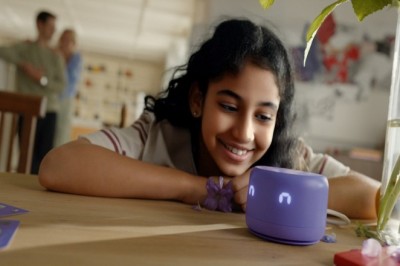
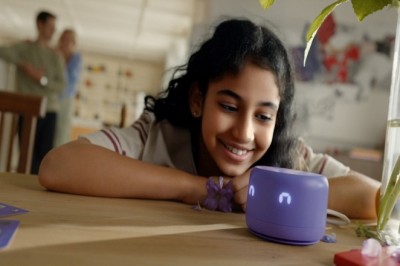
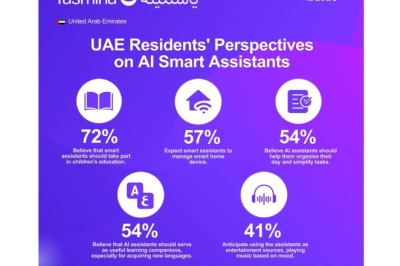
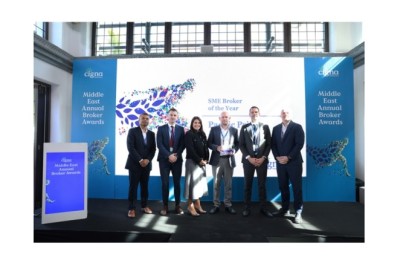
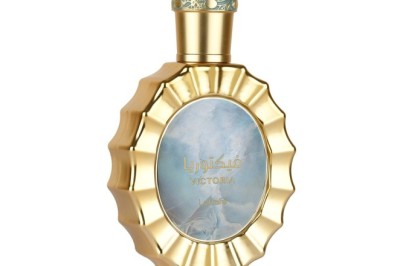
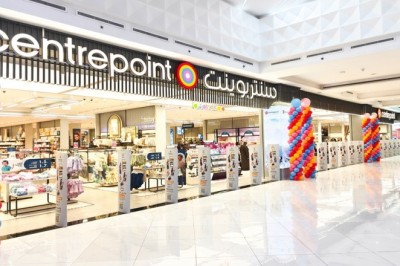
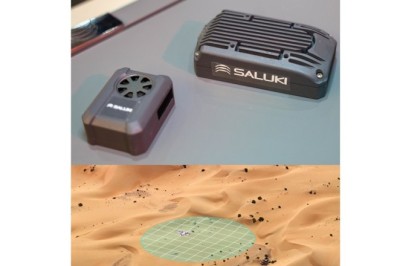
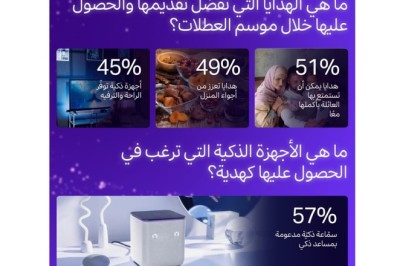
Facebook Conversations
Disqus Conversations